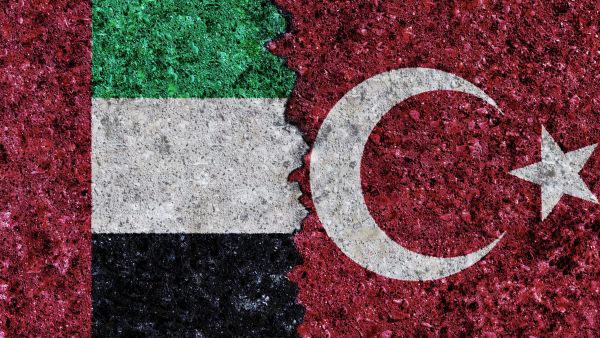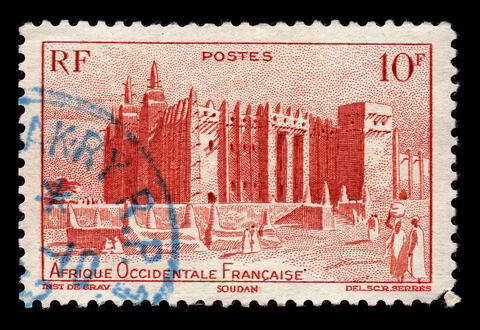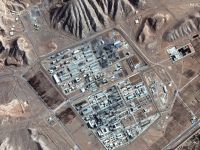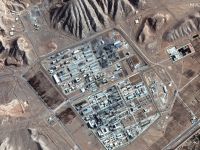By Farzad Ramezani Bonesh
With the rise of the Justice and Development Party in Turkey, relations with the UAE took on new dimensions. Gradually, the strengthening of political and economic ties such as tourism, large-scale flights, and the presence of companies in another drawer took on greater dimensions.
But developments such as the Arab Spring, the Muslim Brotherhood's rise to the power in Egypt, and other areas of regional strife have led to widespread tensions in relations.
In this regard, the accusation that the UAE supported the Turkish coup in 2016 increased the scope of the disputes. In 2017, the UAE also accused Turkey of "colonial and competitive behavior" through its military presence in Syria.
In contrast, in 2018, Turkey considered the deployment of Emirati forces in Socotra, Yemen, a threat to Yemeni territorial integrity and sovereignty.
In the past year, various developments such as the Emirati rhetoric about normalizing relations with Ankara, the phone call of UAE Foreign Minister Sheikh Abdullah bin Zayed Al Nahyan with his Turkish counterpart, and the phone call between Mohammed bin Zayed and Recep Tayyip Erdogan, reduced tensions and smoothed relations between the UAE and Turkey.
In recent months, apart from the meeting between the UAE Interior Minister and the Turkish Interior Minister in Italy, another meeting was held between Sheikh Tahnoon bin Zayed Al Nahyan and Erdogan. Also in an important meeting, Erdogan, after 9 years, hosted Sheikh Mohammed bin Zayed Al Nahyan, Crown Prince of Abu Dhabi. In addition, Turkish Foreign Minister Mevlüt Çavuşolu's recent visit to the UAE and meetings with officials in Dubai and Abu Dhabi played an important role in starting a new era in the two sides’ relations.
Economic incentives to normalize relations
The volume of trade between Turkey and the UAE in 2017 reached a peak of nearly $ 15 billion. But later we saw the fall of trade between the two countries. The economic cost of straining Turkey's relations with the UAE has been heavy in the region.
The sharp devaluation of the Turkish lira over the past few months, the need for cash and potential swap deals with foreign countries, the shift in Turkey's economic outlook from positive to 'negative' in the evaluation of some credit institutions, and the passing from the effects of the coronavirus epidemic, are all considered as Turkey’s motivations to decrease tension with the UAE. On the other hand, using trade and investment to reduce tensions is more effective than mere diplomacy for both actors.
Abu Dhabi can also have huge economic benefits from investing opportunities in Turkey. Therefore, in addition to a $10 billion fund, 10 agreements have been signed, such as a memorandum of understanding on the exchange of financial information to combat money laundering and terrorist financing, a memorandum of understanding between the Abu Dhabi and the Istanbul Stock Exchange, the two countries' central banks, environment, energy, Administrative cooperation and participation in customs affairs, etc. can also benefit the UAE.
Geopolitical, political and security motives for normalization of relations
In the past, the UAE has sought to reduce Turkey's soft power through approaches such as criticizing the Ottoman's historical behavior in the Arab world, launching social media campaigns, boycotting Turkish television series, and so on in domestic and regional public opinion.
From the UAE’s point of view, Turkey was seen as a "threat". But numerous international, regional, and local reasons have provided the basis for normalization. Although the United States is trying to show that it will not give up its interests in the region in the future, the UAE and Turkey are preparing for a lesser US role in the region.
In addition, along with Biden's approach and announced policies on the Middle East and Iran, we have seen a reduction in tensions in Qatar-Egypt relations, as well as talks between Saudi Arabia and Iran. In fact, geopolitical changes are one of the main reasons for accelerating the normalization process. Erdogan, meanwhile, appears to be pursuing good relations with the UAE alongside similar steps to move close to Egypt and Israel.
This is while Erdogan hopes to improve the economic and political situation in Turkey by the 2023 elections through implementing some specific policies.
In addition, the UAE's defense purchases from other countries, such as the United States or Russia, are expensive. But Turkey’s military equipment and the low price of Turkish defense products are an important incentive for cooperation. Therefore, considering cooperation in the defense area, the possibility of buying shares in the Turkish drone military industry, acquiring advanced technologies and meeting the terrorist challenges are important opportunities to increase relations.
In addition, Turkey and the UAE are at loggerheads over various regional issues. Therefore, the normalization of relations in the diplomatic and political spheres can reduce confrontation and tension and even the emergence of cooperation on various issues such as the Yemeni crisis.
Vision
In the case of renewed tensions between Turkey and the UAE, economic relations may decline and investment may be negative. Previously, the investment agreements of about $12 billion in the project of the big Turkish power plant were canceled.
There is neither permanent friendship nor permanent enmity in international relations. Therefore, the two countries have high hopes for a new rise in the future of relations in various fields and an increase in trade volume in the coming period.
It seems that the normalization of relations with the UAE can reduce the pressure on Turkey in the Eastern Mediterranean and the Eastern Mediterranean Gas Forum, and its relations with the United States and Europe. In the geopolitical dimension, the normalization of relations can reduce the risk of Turkish isolation and the UAE's military rapprochement with Greece and Cyprus.
In the eyes of the UAE, recent reviews of Turkish policy towards Egypt are useful and pleasing to the Muslim Brotherhood and could reduce tensions and start a new chapter in relations.
In fact, calming the media space and opening channels of communication and dialogue to manage disputes and reduce severe bipolarity in various fields is continuing. But it has not reached the stage of full cooperation.
Therefore, many fundamental issues at the core of their differences, such as Ankara's approach in Libya, remain unresolved. However, normalization and reduction of tensions will definitely have an impact on the foreign policy of the concerned countries and some issues in the region.
In the field of diplomacy, the Memorandum of Understanding between the Diplomatic Academy of the Turkish Foreign Ministry and the UAE is another part of the growing trend of diplomatic cooperation between the two countries.
In the economic sphere, too, the UAE and Turkey are trying to pull back from regional conflicts and refocus on a bilateral national economy.
Non-oil trade between the two countries grew by 21% in 2020 ($ 8.9 billion). The UAE is one of Turkey's largest regional trading partners. Now, with the normalization of relations and Erdogan's upcoming visit to the UAE, the dimensions of cooperation in the fields of transportation, renewable energy, tourism, construction, auto parts, etc. will surely increase. It may also help reduce Saudi Arabia's unofficial embargo on Turkish exports.
In addition, the opening of a trade route between Turkey and the UAE, which passes through Iran, could shorten the scope of the Sharjah-Iran-Mersin transit corridor in favor of increasing the economic transit of the two countries.
In another dimension, normalization will lead to more consequences. Therefore, the possibility of reviving the interrupted strategic dialogue between Turkey and the Gulf Cooperation Council (suspended in 2012) and the agreement on a free trade zone could be one of the consequences of the normalization of relations between Turkey and the UAE.
Reducing Turkey's tensions with Saudi Arabia and some other regional countries and increasing cooperation on common regional challenges, looking at Iran, fighting terrorism and extremism could also help Ankara and Abu Dhabi.









